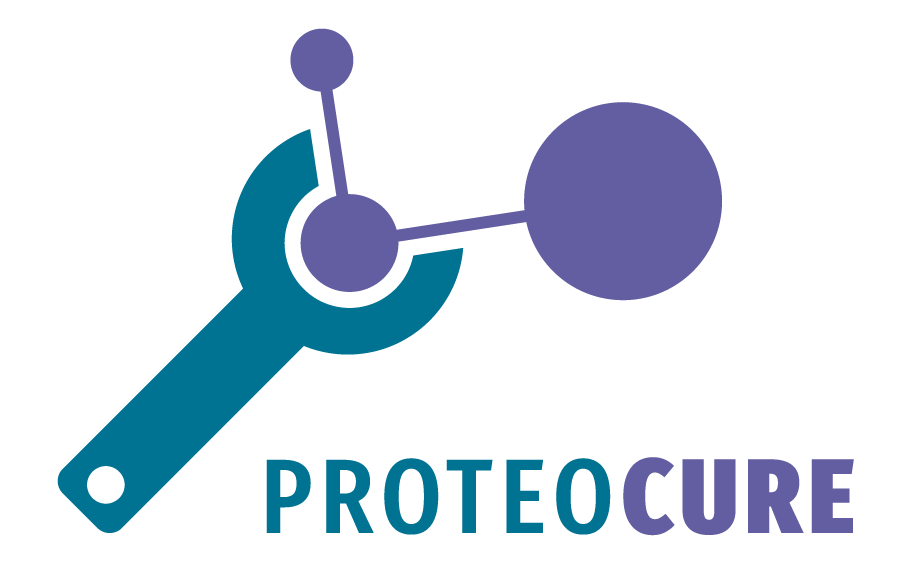Ioannis P. Trougakos
Department of Cell Biology and Biophysics, Faculty of Biology, National and Kapodistrian University of Athens, Athens, 15784, Greece
Web: http://scholar.uoa.gr/itrougakos/home
If not yet done, please log-in to see the link to the webinar
Abstract:
Proteins carry out the majority of cellular functions and maintain cellular homeodynamics mostly by participating in multimeric assemblies that (among others) operate as molecular machines. Proteome quality control is thus critical for cellular functionality, and it is carried out through the curating activity of the proteostasis network (PN). Key components of the PN are the protein synthesis and trafficking modules, the endoplasmic reticulum unfolded protein response, molecular chaperones, and the two main degradation machineries, namely the ubiquitin proteasome and autophagy lysosome pathways. Part of the PN are also several stress sensors, including nuclear factor erythroid 2-related factor 2 (NRF2), which mobilizes genomic responses against oxidative and/or proteotoxic stress. Nonetheless, the gradual accumulation of stressors during aging, or earlier due to lifestyle, results in an increasingly damaged and thus unstable proteome which then becomes a driving force for most age-related diseases. Whereas protein aggregation is a common endpoint of PN dysfunction in aging and most degenerative diseases, aberrant activation of PN modules is often seen in advanced tumors. Here we will present a synopsis of our basic and translational research studies which aim a. to map in detail PN during aging and in age-related diseases and b. to provide possible novel therapeutic anti-aging/age-related diseases approaches.

Ioannis Trougakos obtained his Ph.D. in Cellular-Developmental Biology from the National and Kapodistrian University of Athens (NKUA), Greece. He has worked as Research Scientist at EMBL, Germany, CBM “Severo Ochoa”, Spain and at NHRF, Athens, Greece; he was also research visitor at EMBL and at the Netherlands Cancer Institute. Dr. Trougakos was elected Research Lecturer at NHRF and currently he serves as Professor and Director of the “Cell Biology” lab at the Faculty of Biology, NKUA where he leads the “Ageing and Age-related diseases” group. Dr. Trougakos has published articles (>190) in high-ranking journals, chapters in international books and he has co-authored an academic book (citations >19500; h-Index = 45; i10-index = 131); he is also co-inventor in several patents. His group is funded by private (GR, EU, USA) and public (GR, EU) entities; also, the group participates in contractual activities with the Industry.


